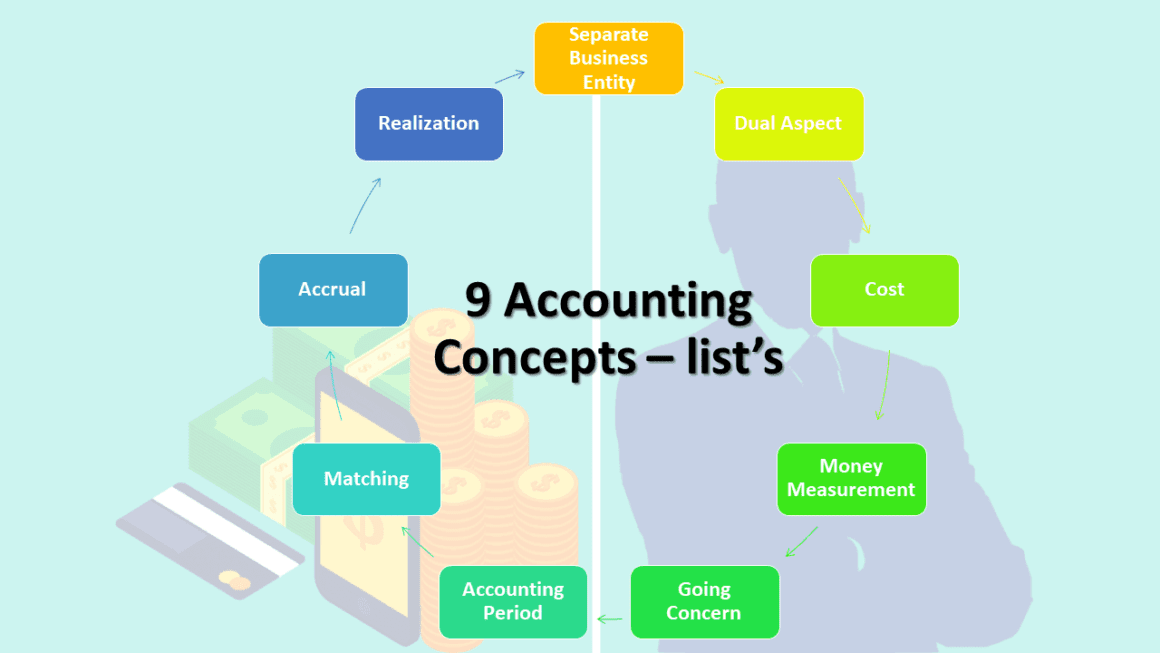
Charts of accounts are an index, or list, of the various financial accounts that can be found in your company’s general ledger. These accounts are separated into different categories, including revenue, liabilities, assets, and expenditures. A business transaction will fall into one of these categories, providing an easily understood breakdown of all financial transactions conducted during a specific accounting period. Bookkeeping exit strategies for small businesses focuses on recording and organizing financial data, including tasks, such as invoicing, billing, payroll and reconciling transactions. Accounting is the interpretation and presentation of that financial data, including aspects such as tax returns, auditing and analyzing performance. Bank accounts allow holders to write checks or use debit or ATM cards to make purchases and cash withdrawals against the balance in the account.
The Bankrate promise
FreshBooks will help you stay organized with a user-friendly interface that keeps things simple. Accounting software allows you to do basic tasks such as tracking inventory, invoicing and payments, and generating reports on sales and expenses. It’s useful for small businesses and freelancers who don’t have the resources to hire an accountant or bookkeeper. Besides, this frees up time so you can focus on running your business smoothly. Check out our recent piece on the best accounting software for small businesses. Bookkeeping records individual transactions while accountants report on the bigger financial picture.
How often should a Chart of Accounts be updated?
While additional or subsidiary records may be kept by some businesses in terms of quantity, the basic accounting records are all kept in terms of money. The preparation of such summarized financial statements is frequently the ultimate aim of keeping records and classifying them. Accounting information can be developed for any kind of organization, not just for privately owned, profit-seeking businesses. One branch of accounting deals with the economic operations of entire countries.
- Aspiring CPAs are expected to have a bachelor’s degree, more than two years of public accounting work experience, pass all four parts of the CPA exam and meet additional state-specific qualifications if required.
- If the entries aren’t balanced, the accountant knows there must be a mistake somewhere in the general ledger.
- After you enter a transaction and categorize it under an account, your accounting software will create a journal entry behind the scenes.
- In actuality, you can thank these rules for accounting consistency.
See profit at a glance
You can choose to manage your business accounting by hiring an in-house accountant or CPA. This can be a great option if you want to ensure your books are in order, and that your company’s financial information is accurate, but it does come with some drawbacks. For one thing, the cost of hiring someone like this can be a substantial burden on your business’s finances.

This institute created many of the systems by which accountants practice today. The formation of the institute occurred in large part due to the Industrial Revolution. Merchants not only needed to track their records but sought to avoid bankruptcy as well. Accounts represent specific items that make up the major accounting elements – assets, liabilities, and capital. Under each accounting element are sub-classifications; the most specific of which are known as accounts. An account is a storage unit used to record increases and decreases in various accounting elements.
Where Do Accountants Work?
Accounting is like a powerful machine where you input raw data (figures) and get processed information (financial statements). The whole point is to give you an idea of what’s working and what’s not working so that you can fix it. A customer looking for the flexibility of depositing cash and making purchases and payments for goods and services will open up a checking account at a financial institution. This checking account has many advantages compared to holding money in her possession, including higher security, electronic access to funds, bill payment options, and much more.
You can customize your COA so that the structure reflects the specific needs of your business. Accounting is the process of recording financial transactions pertaining to a business. The accounting process includes summarizing, analyzing, and reporting these transactions to oversight agencies, regulators, and tax collection entities. The financial statements used in accounting are a concise summary of financial transactions over an accounting period, summarizing a company’s operations, financial position, and cash flows. When running a small business, you should choose an accounting software product and consider hiring an accountant.
Accounting is by far one of the most important and prevalent fields in the world today. Its use in organizing business transactions and meeting regulatory requirements makes it a field that requires extensive knowledge and study. As such, accountants make strong salaries and work in a variety of industries. Some accounting software is considered better for small businesses such as QuickBooks, Quicken, FreshBooks, Xero, or Sage 50.
They work together in a streamlined process where bookkeepers prepare financial data and accountants compile it into reports. Accountants can also work for themselves, setting up their own small business and freelancing their services out. There are no legal requirements or tests you must pass to call yourself an accountant, but ideally you would have an accounting degree from a recognized institution, and some work experience.
